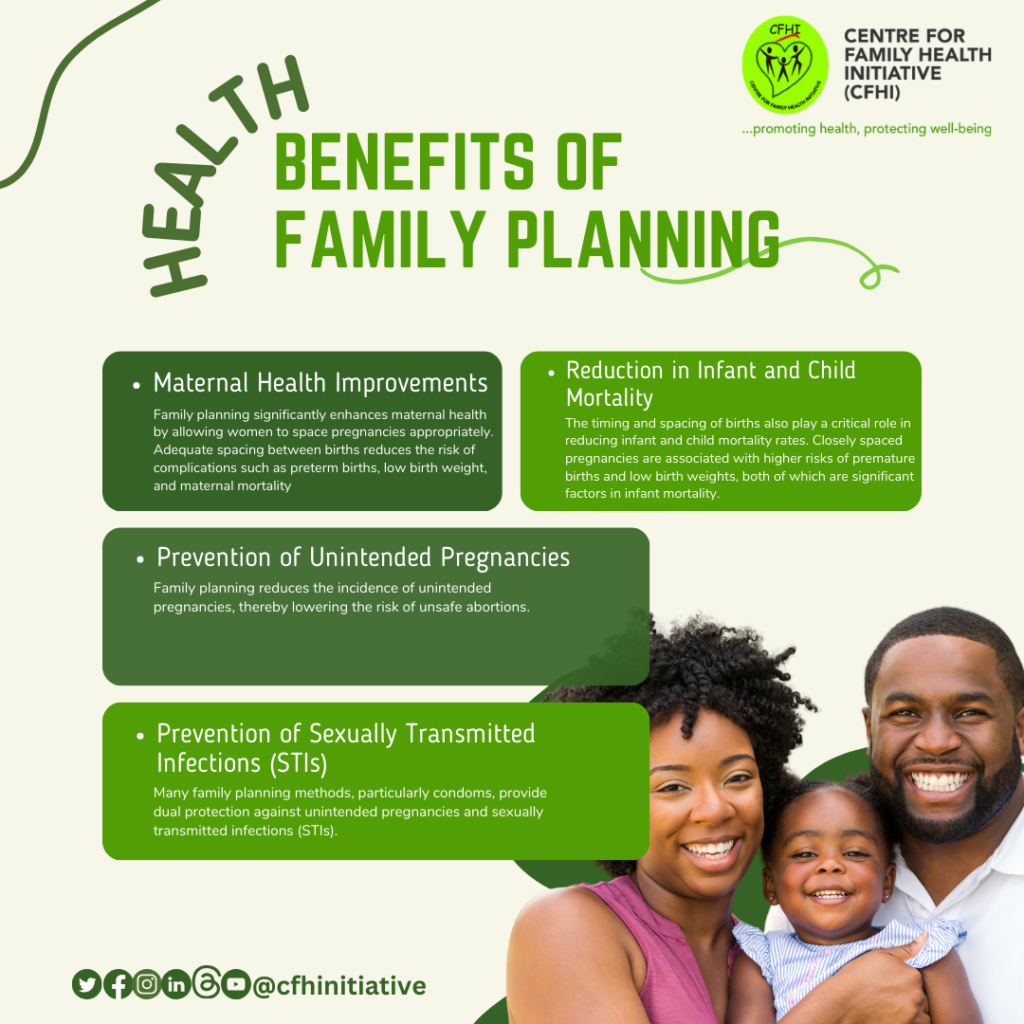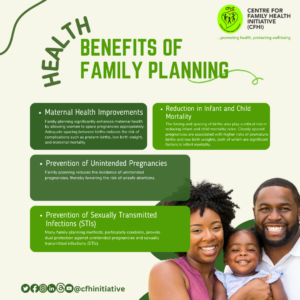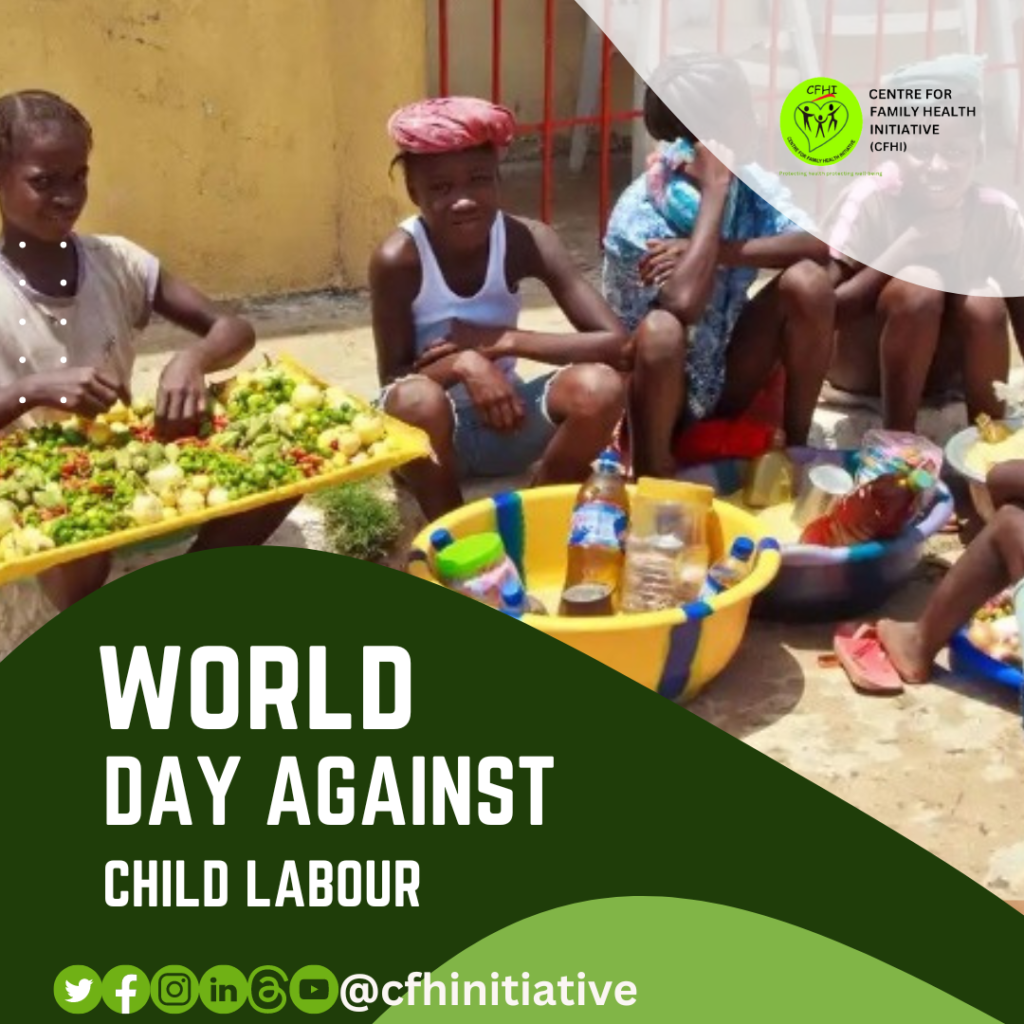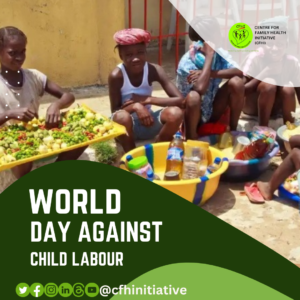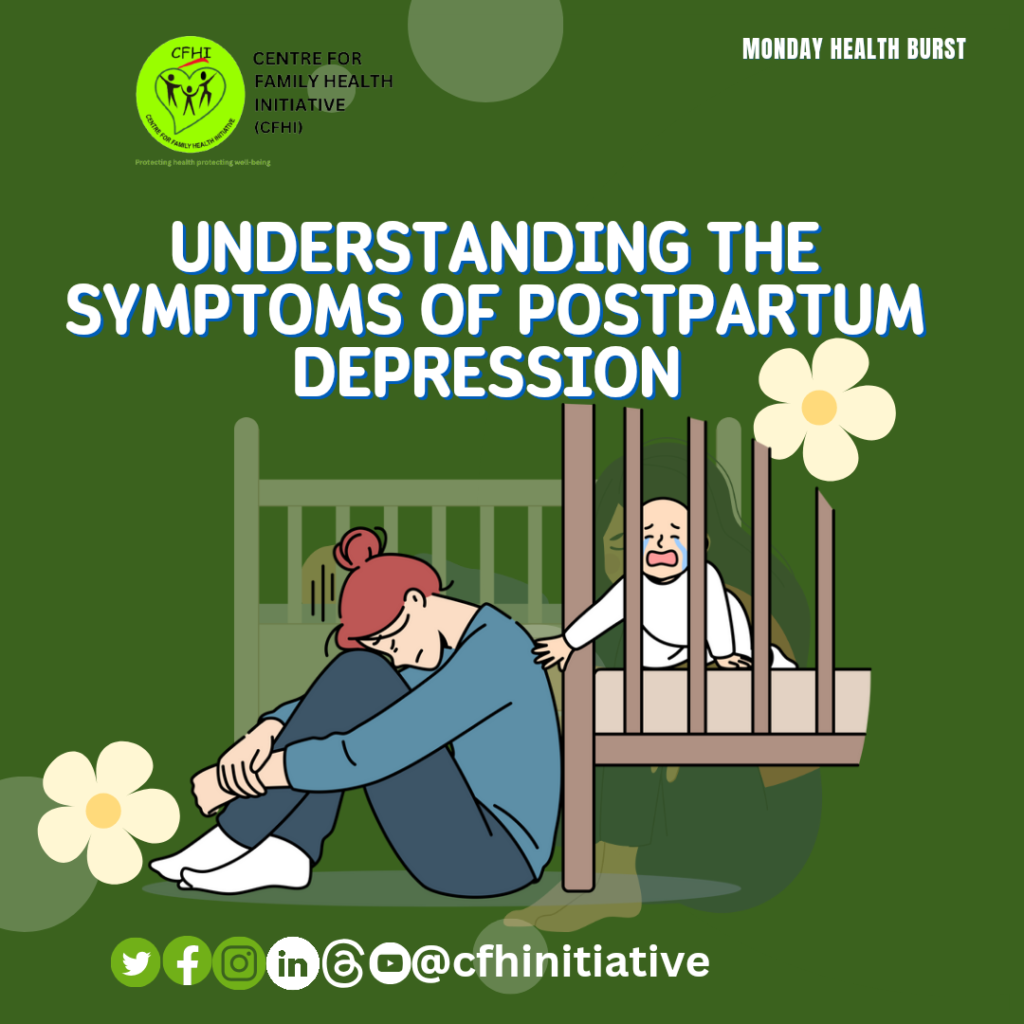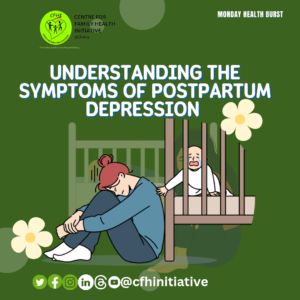SPEAK WEDNESDAY ON GIRLS AT RISK: HOW GENDER BIAS FUELS CHILD LABOUR IN NIGERIA
In Nigeria, gender bias is a silent but powerful force driving many young girls into child labour.
According to UNICEF, over 43% of children between the age of 5 to 17 are engaged in child labour, and girls are disproportionately affected. The reasons are deeply rooted in cultural norms and economic hardships, often pushing girls out of school and into work.
Girls in Nigeria are frequently pulled out of school to support their families through labour, with many working in hazardous conditions.
The United Nations reports that societal expectations place girls in the roles of caregivers and domestic helpers from a very young age. This unpaid labour within their own homes often extends into exploitative work outside. Tasks like hawking goods, domestic servitude, and even hazardous jobs in agriculture become their daily reality. This not only robs them of their childhood but also of opportunities for education and future economic independence. Furthermore, most of them are exposed to physical abuse, sexual exploitation, and long-term psychological harm.
What can be done? Initiatives and policies that enforces compulsory education to keep girls in school and out of labour, providing them with the tools they need to build a better future can be instrumental in fighting child labour. By challenging gender stereotypes and investing in girls’ education, we can break the chains of child labour and empower the next generation of Nigerian women.
Let’s stand together to protect our girls and ensure they have the bright futures they deserve.
Speak Wednesday is an initiative of CFHI to address issues around gender-based violence and gender bias.
References:
– UNICEF, “Child Labour,” available at [UNICEF] https://www.unicef.org/nigeria/child-protection/child-labour
– United Nations, “Child Labour in Agriculture,” available at [UN] https://www.un.org/en/global-issues/child-labour
– World Health Organization, “Child Labour and Health,” available at [WHO] https://www.who.int/news-room/fact-sheets/detail/child-labour
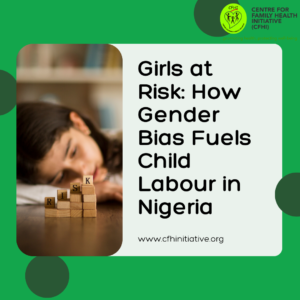
SPEAK WEDNESDAY ON GIRLS AT RISK: HOW GENDER BIAS FUELS CHILD LABOUR IN NIGERIA Read More »


